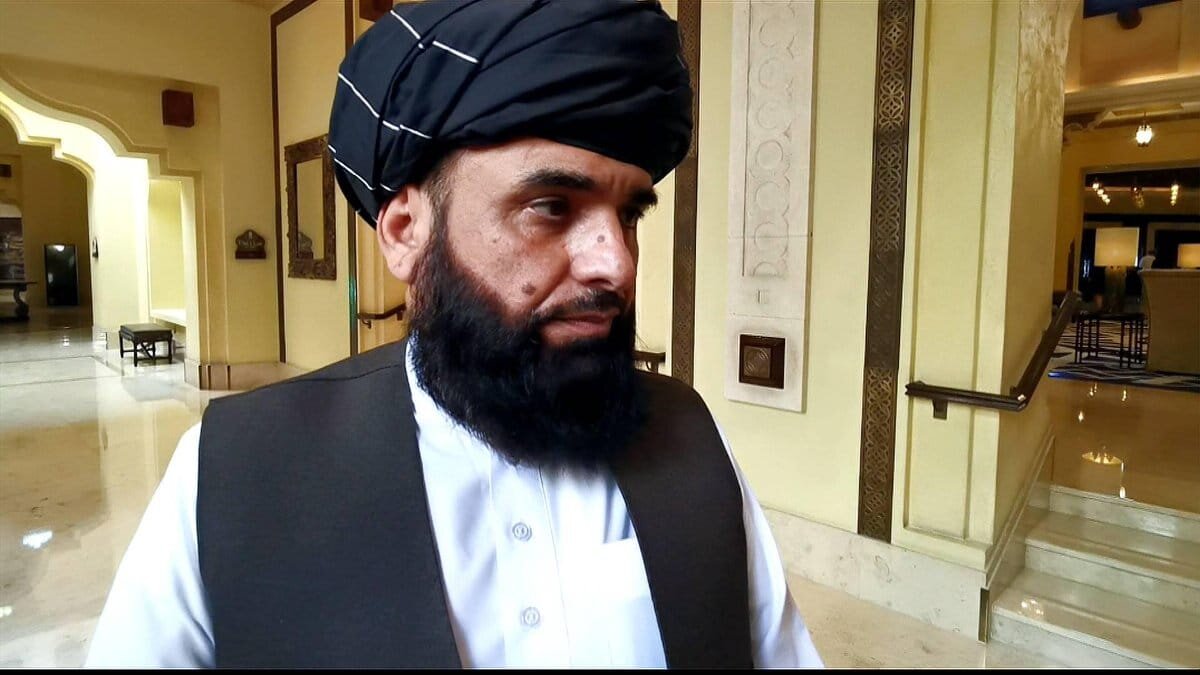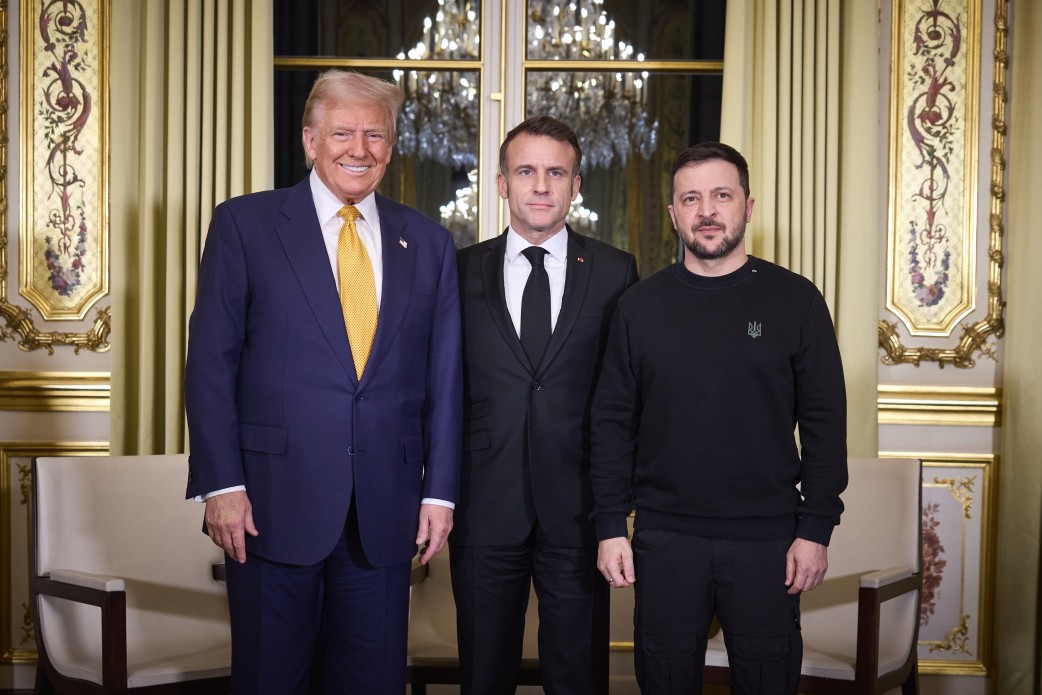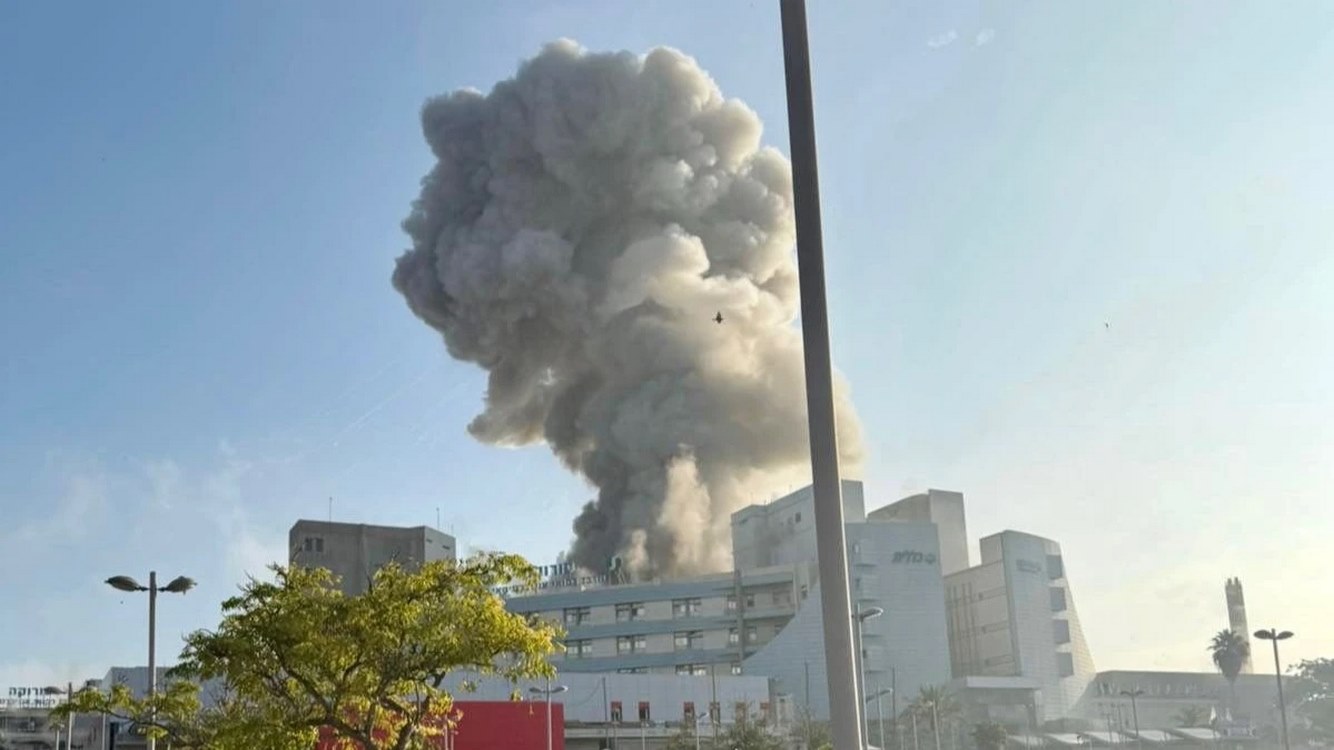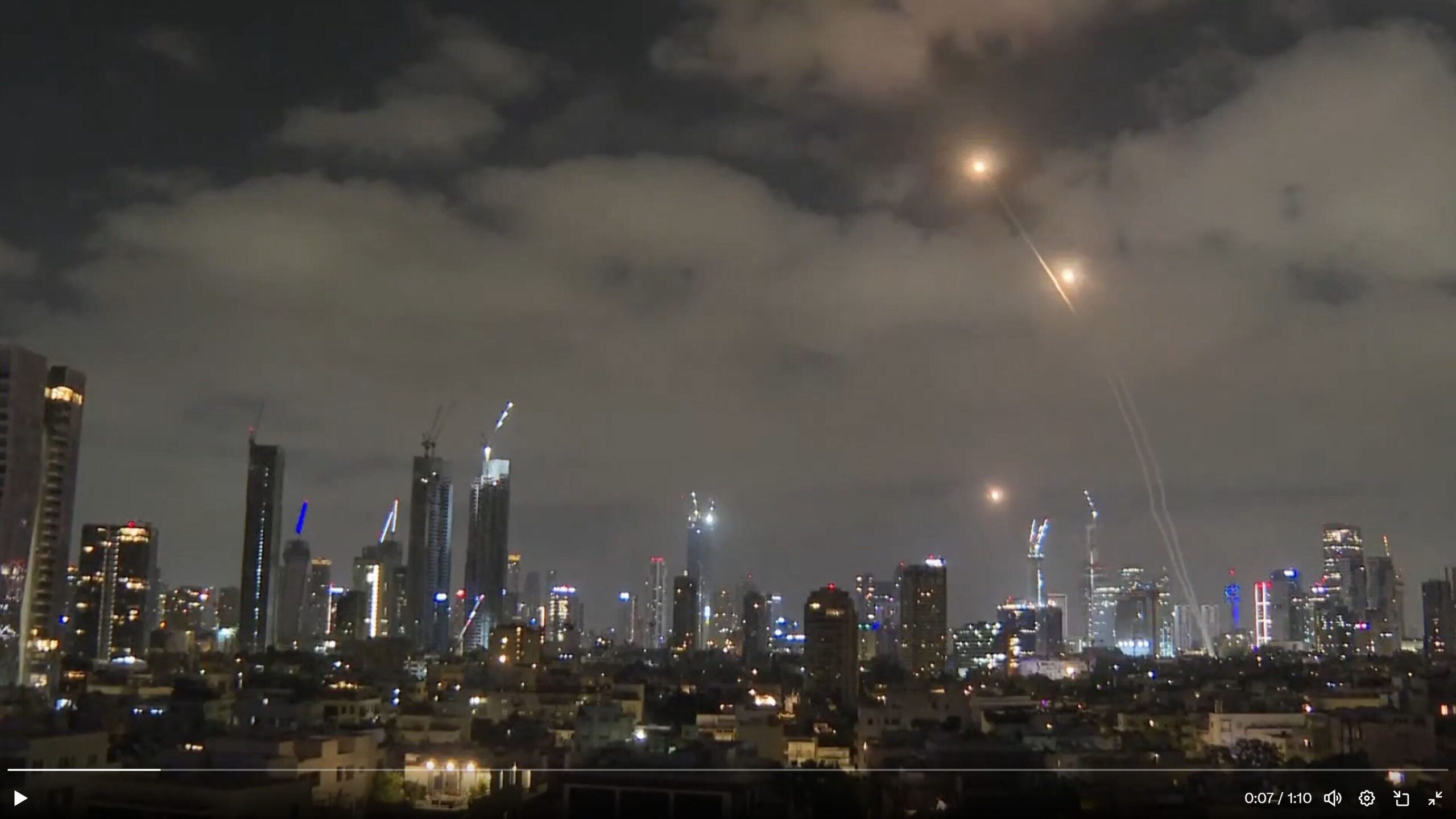PICTURED: Suhail Shaheen, the deputy Taliban envoy and part of the negotiating team in Doha. Photo: Ariananews.
February 20th, 2020. Sirajuddin Haqqani, deputy leader of the Taliban has published an op-ed in the New York Times reviewing the now-18 month long series of peace talks between his group and the United States that has seen its fair share of disruptions.
In the piece, Mr. Haqqani reiterates the conditions which the Taliban have sat on for nearly two calendar years as the non-negotiables of any deal: all foreign troops must leave the country.
“When our representatives started negotiating with the United States in 2018, our confidence that the talks would yield results was close to zero,” writes Haqqani. “We did not trust American intentions after 18 years of war and several previous attempts at negotiation that had proved futile”.
Beginning back in 2018 under the direct orders of President Trump through his Special Envoy to Afghanistan Zalmay Khalilzad, diplomats from the United States began to sit down with a Taliban delegation to discuss a possible long term ceasefire and peace.
Several disruptions to the process have included drone and jet fighter bombing of civilians by the United States, most notably 30 confirmed-innocent pine nut farmers in September, and the killing of a U.S. gunnery sergeant in an attack on Kabul just after Trump had allegedly invited the Taliban delegation to Camp David, Maryland, after a deal in principle had been reached by both sides during negotiations in Qatar.
Fact-check
The piece is a long account of the war through Afghan (or Taliban) eyes, and a description of the pax Afghanica that would result from a withdrawal of U.S. forces and cooperation with the now-second term Ghani presidency.
Nicolas Davies, writing for Antiwar.com well-summarized the feelings of some sections of the Afghanistan Security Forces side when he quotes a young soldier who told BBC reporters in response to a question of why his country are fighting the Taliban: “You know why. I know why. It’s not really our fight”.
“We did not choose our war with the foreign coalition led by the United States,” writes Haqqani early in his piece. “We were forced to defend ourselves. The withdrawal of foreign forces has been our first and foremost demand”.
Indeed, their demand of an end to foreign occupation hasn’t shifted, and if in 2002 George W. Bush had accepted the terms of Taliban negotiators who were happy to turn Osama Bin-Laden over to a neutral country for a fair trial, indeed the United States needed never to have invaded the country.
“Even when President Trump called off the talks, we kept the door to peace open because we Afghans suffer the most from the continuation of the war,” writes Haqqani, referring to the failure to launch that was the Doha agreement from last autumn.
“No peace agreement, following on the heels of such intensive talks, comes without mutual compromises. That we stuck with such turbulent talks with the enemy we have fought bitterly for two decades, even as death rained from the sky, testifies to our commitment to ending the hostilities and bringing peace to our country”.
The compromises are simply that NATO and U.S. forces will leave the country, the Ghani government will broker a power-sharing agreement with the Taliban, and the resulting united Afghanistan will work to keep al-Qaeda and ISIS, known as Daesh in Afghanistan, from using the war-ravaged country as a safe haven.
By all accounts that’s what they’ve always been. As for death raining from the skies, The three weeks following September’s failure to officially agree to terms saw NATO forces launch staggering numbers of airstrikes, including 56 in one single day. These would be the highest averages during the entire year of 2019 – one of the bloodiest of the war’s second decade.
Cooperation or conflict
“I am confident that, liberated from foreign domination and interference, we together will find a way to build an Islamic system in which all Afghans have equal rights, where the rights of women that are granted by Islam — from the right to education to the right to work — are protected, and where merit is the basis for equal opportunity,” writes Haqqani hopefully.
Whether anything like this moderate Islamic paradise would be achieved is mere speculation. But for a bit of context, Taliban spokesperson Zabihullah Mujahid tweeted a rather terse response to Afghan President Ashraf Ghani’s claims that the Afghan Security Forces had defeated Daesh, also known as the Islamic State in Khorasan Province, Afghanistan, or ISKP.
According to Alaraby, Mujahid said the claim that Ghani and Kabul defeated ISIS was “absurd”.
“[the] Kabul administration had zero percent role in defeat of Daesh and the proud people of Nangarhar are witnesses,” he tweeted.
“Kabul admin & their foreign backers created hurdles for Mujahidin (the Taliban) in support for Daesh thus prolonging the operation. In the end, Daesh elements holed up & under siege of Mujahidin were rescued by #Kabul admin – a clear proof of their support & affinity towards this group,” he claimed in another tweet.
We can garner that the “Islamic system” the Taliban mean to build likely won’t look anything like the IS in Syria or Iraq, especially because the recruits of these two armed groups rarely come from the same circles.
Journalist Ali M. Latifi writing for thinkprogress.org quotes an Afghan politician from Nangarhar who explains the differences, normally in upbringing and education, between the young men who decide to join Daesh and the Taliban.
“When you see people who claim to be part of Daesh they are young boys from the universities and the high schools,” he writes.
“The Taliban,” writes Latifi, “are more likely to be students of religious schools, many of which are located in territories disputed between Afghanistan and Pakistan”.
Whether the Taliban and Ghani can share power, is anyone’s guess. But according to both Haqqani’s, and Nicolas Davies’ pieces, the country is just too tired to start up a civil war after ridding itself of foreign occupation for the first time in 40 years.



